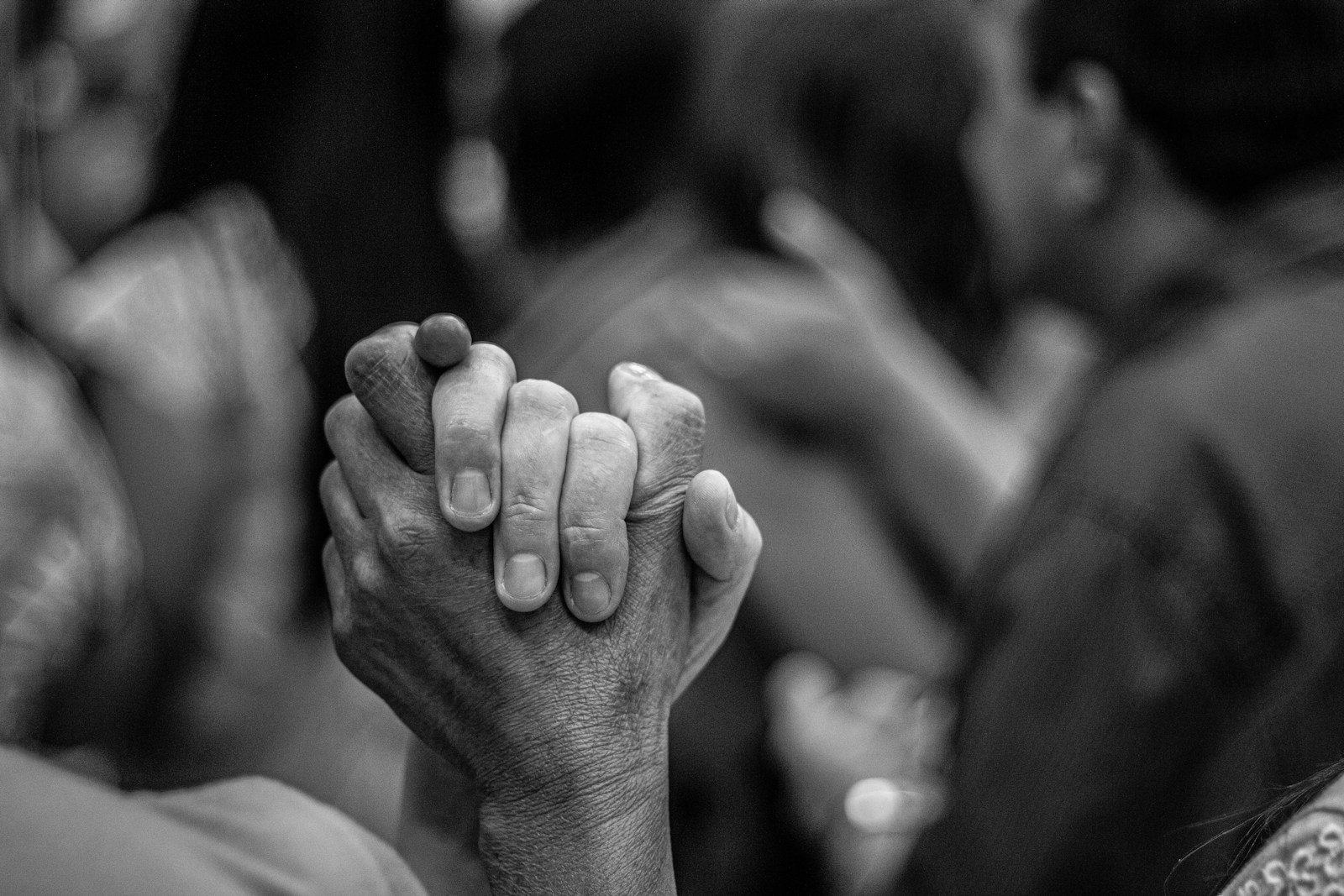When it comes to dating, finding someone who shares your faith can be incredibly important for many people. However, what happens when you meet someone who doesn’t share your beliefs? Should you consider dating them, or is it a recipe for disaster? Before making a decision, it’s important to take the time to reflect on a few key questions and considerations.

Understanding Your Own Beliefs and Values
Before deciding to date someone who doesn’t share your faith, it’s crucial to have a solid understanding of your own beliefs and values. What is it about your faith that is important to you? How does it shape your worldview, values, and decisions? Knowing yourself and your beliefs will help you navigate any potential challenges that may arise in a relationship with someone of a different faith.
Assessing the Importance of Faith in Your Life
Consider how central your faith is in your life. Is it a core part of your identity, or is it more of a peripheral influence? Understanding the role that faith plays in your life will help you determine how compatible you may be with someone who has different beliefs. If faith is a non-negotiable aspect of your life, dating someone who doesn’t share your faith may present significant challenges.

Considering the Potential Challenges Ahead
Dating someone of a different faith can come with its own set of challenges. From differences in values and beliefs to potential conflicts over how to raise children, it’s important to consider the potential hurdles you may face in a relationship with someone who doesn’t share your faith. Being aware of these challenges can help you make an informed decision about whether or not to pursue a relationship.
Exploring the Impact on Your Future Relationship
Think about how dating someone who doesn’t share your faith may impact your future relationship. Are you willing to navigate potential differences and conflicts that may arise? Consider how important it is for you to have a partner who shares your beliefs and values, and how willing you are to compromise on this aspect of a relationship.
Reflecting on Your Compatibility with Different Beliefs
Reflect on how compatible you may be with someone who has different beliefs. While differences in faith can sometimes bring richness and diversity to a relationship, they can also lead to misunderstandings and conflicts. Consider how open you are to learning about and understanding your partner’s beliefs, and how willing you both are to find common ground.
Evaluating the Role of Religion in Your Relationship
Consider the role that religion may play in your relationship with someone who doesn’t share your faith. How will you navigate differences in religious practices, celebrations, and rituals? Will you be able to respect and support each other’s beliefs, even if they differ from your own? These are important questions to consider before entering into a relationship with someone of a different faith.
Addressing Communication and Respect in Differences
Communication and respect are key components of any successful relationship, especially when it comes to differences in beliefs. Are you and your partner able to have open and honest conversations about your faiths, and are you both willing to listen and learn from each other? Respect for each other’s beliefs, even if they differ, is essential for a healthy and fulfilling relationship.

Seeking Guidance from Trusted Advisors or Mentors
If you’re unsure about whether to date someone who doesn’t share your faith, consider seeking guidance from trusted advisors or mentors. Talk to friends, family members, or religious leaders who may be able to offer insights and perspectives on the challenges and benefits of interfaith relationships. Their advice can help you make a more informed decision.
Weighing the Pros and Cons of Interfaith Relationships
Before deciding to date someone who doesn’t share your faith, weigh the pros and cons of interfaith relationships. Consider the potential benefits of learning about and experiencing a different faith, as well as the challenges that may arise from differences in beliefs and values. Understanding both sides of the equation can help you make a more informed decision.

Making an Informed Decision About Dating Across Faiths
Ultimately, the decision to date someone who doesn’t share your faith is a personal one that only you can make. Consider all of the factors mentioned above, reflect on your beliefs and values, and communicate openly and honestly with your potential partner. By taking the time to assess the importance of faith in your life, consider the potential challenges ahead, and seek guidance from trusted advisors, you can make a more informed decision about whether or not to pursue a relationship with someone of a different faith.
Dating someone who doesn’t share your faith can be a complex and challenging decision. By taking the time to reflect on your beliefs, assess the importance of faith in your life, and consider the potential challenges and benefits of interfaith relationships, you can make a more informed decision about whether or not to pursue a relationship with someone of a different faith. Remember to prioritize open communication, mutual respect, and a willingness to learn and grow from each other’s beliefs. Ultimately, only you can decide what is best for you and your relationship.












